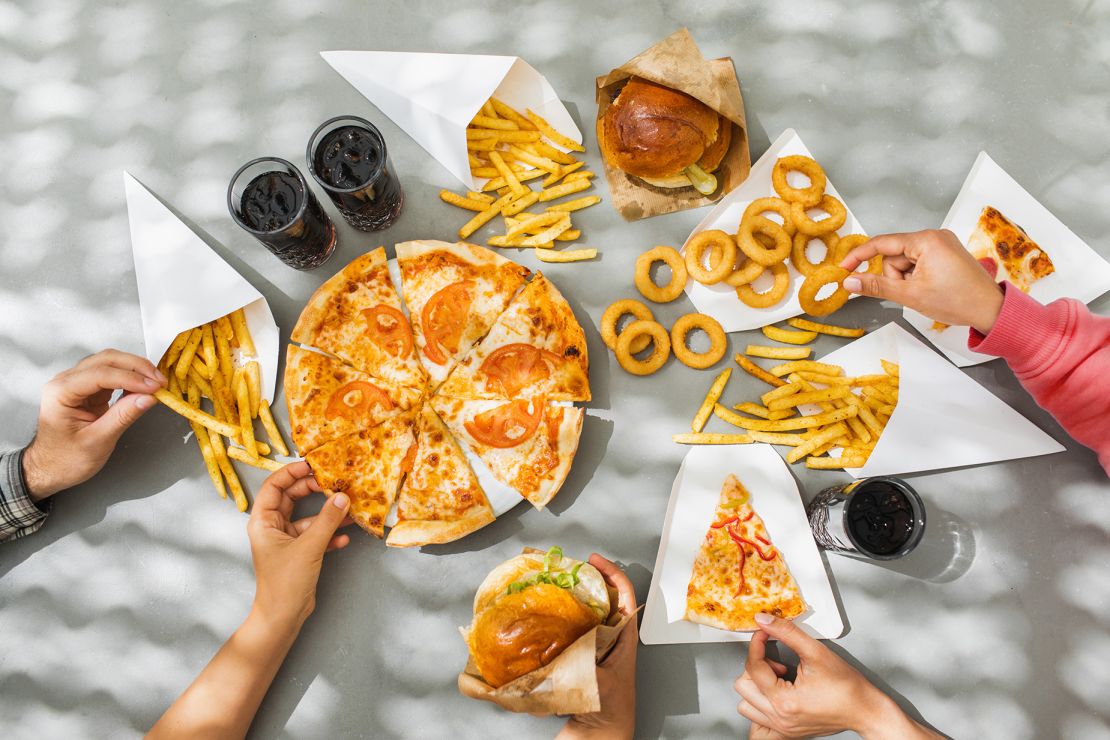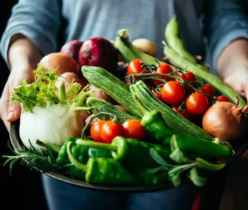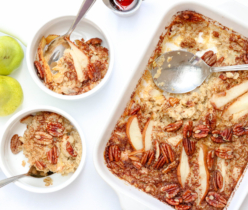It’s as if we are living in a time when food is more about convenience than care. Let’s face it. Between work or school and life, you barely have time not to eat anything this group in the nutrition world calls ultra-processed. We offer convenience meals, snack foods, and ready-to-eat foods. They’re cheap, fast, and everywhere you look. But most problems begin.
But making cutbacks doesn’t mean forgoing favorite treats or cooking nonstop.
So, What Are Ultra-Processed Foods?
By definition, these are foods that contain little to no real, whole food and more chemical and artificial ingredients, making them unrecognizable from their source or ingredients. They’re not cooked in kitchens; they’re manufactured in plants. There are flavor enhancers, preservatives, sweeteners, artificial colors, and flavors.
Just think:
- Sugary cereals for breakfast
- Ice-covered dinners and instant noodles
- Soft drinks, energy drinks, or juices
- Crisps, chocolates, and biscuits
- Processed meats such as sausages, nuggets, and hot dogs
These taste great and make life simple; however, their offerings are relatively low in the nutrition department. What they take away from you in taste, they give back in long-term health.
(Even If They Don’t Look Dangerous)
The problem with ultra-processed foods isn’t just what they are made of but how they affect your body in the end. Many contain high levels of sugar, unhealthy fats, and salt, and are low in vitamins, fiber, and minerals.
Eating them regularly can lead to issues such as:
- Weight gain and obesity (due to sugars and calories you don’t see)
- heart disease and high cholesterol
- Type 2 Diabetes
- Poor gut health
- Mood swings and exhaustion
If you add in how addictive they are, that’s just more terrible. The combination of salt, fat, and sugar stimulates your brain’s pleasure centers—many of the same regions involved in addiction. That’s how you can open a bag of chips and finish it without realizing it.
Why We Keep Reaching for Them
Convenience is a major factor. Cooking from scratch is work when you’re exhausted or pressed for time. Ultra-processed foods offer a quick solution—heat, eat, and move on. Throw in smart marketing, colorful packaging, and familiar flavors, and it’s easy to see why they’ve found their way into nearly every home.
But here’s the reality: as soon as you start eating more real, simple food, your taste buds begin to change. You begin to long for natural flavors—a juicy orange, a crisp salad, or warm home-cooked rice suddenly seems more satisfying than anything that comes out of a packet.
How to Reduce Ultra-Processed Foods (Without Feeling Deprived)
You don’t need to stop everything at once. Slow, gradual progress is far more important than fad diets. Here’s how to get started:
1. Read those labels.
If the list of ingredients looks like a science experiment, leave it. The fewer ingredients, the better.
2. Cook A Little More.
Even one extra home-cooked meal a day can make a difference. Cook soups, curries, or roasted veggies on weekends and freeze in meal-sized portions.
3. Snack Smarter.
Trade in the chips for nuts, fruit, yogurt, or popcorn. You will stay fuller longer and feel better.
4. Drink Water or Fresh Juices.
Really, almost all the drinks you can buy today are packed with sugar. Water with a splash of lemon or a sprig of mint is delicious, and you’re better hydrated.
5. Shop the Perimeter of the Store.
You will find fresh fruits and vegetables, dairy, and meat on the outer aisles—not in the center aisle where all the processed food is.
6. Be Nice to You.
This isn’t about being perfect. It’s okay to eat a burger or an ice cream for a treat now and then. But that’s the nice thing about eating. It’s what you do most of the time, not in the holidays.
What Happens When You Cut Back?
The contrast can be staggering. A week or two later, they feel “lighter,” less bloated, and more energetic. You may be a bit impatient over the next few months, as you wait for clearer skin, more emotional stability, better sleep, and possibly improved concentration. You’ll also lower your risk of heart disease, diabetes, and dozens of other diseases. And perhaps the biggest payoff—you control your eating habits rather than food controlling you.
It’s About Balance, Not Perfection
Life is too short to cut out all your favorite foods. The most important thing is balance – understanding what your body really needs and treating ultra-processed foods as a rare treat, rather than making them a daily staple. Good food is great for your mood and energy levels, not just your stomach: “Real food doesn’t just fill your stomach, it feeds your health, mood and energy.”
Clean eating is not a fad diet; it’s common sense.
Final Thoughts
Cutting back on ultra-processed foods isn’t a punishment or about deprivation — it’s a matter of respect. Respect for your body, health, and future. Everything helps a little bit. Just opting for water instead of soda or making one meal from scratch might set off a cascade that alters everything.
One bite at a time, real food brings you back.
FAQs
1. What is the consensus on processed foods from a health perspective?
No. Things like frozen vegetables, canned beans, and yogurt are processed and still nutritious. “It’s been much more heavily processed with artificial ingredients and chemicals.”
2. Is it right to still eat fast food now and then?
Yes, absolutely. It’s OK to have it once in a while—don’t turn it into a regular thing.
3. What’s an easy meal to replace processed snacks?
Boiled eggs and fruit, Greek yogurt with honey, or little homemade smoothies. They are to be prepared, hearty, delicious, and healthy to boot.



